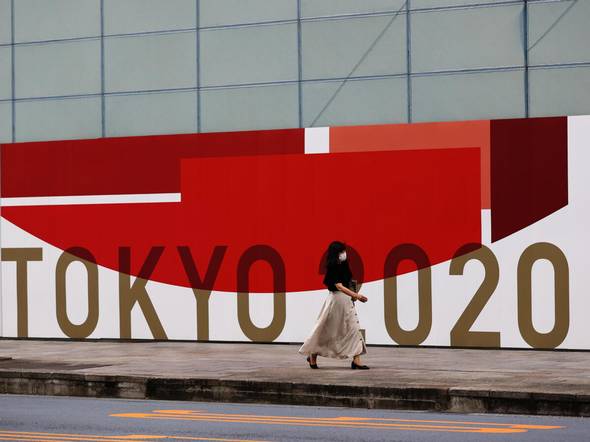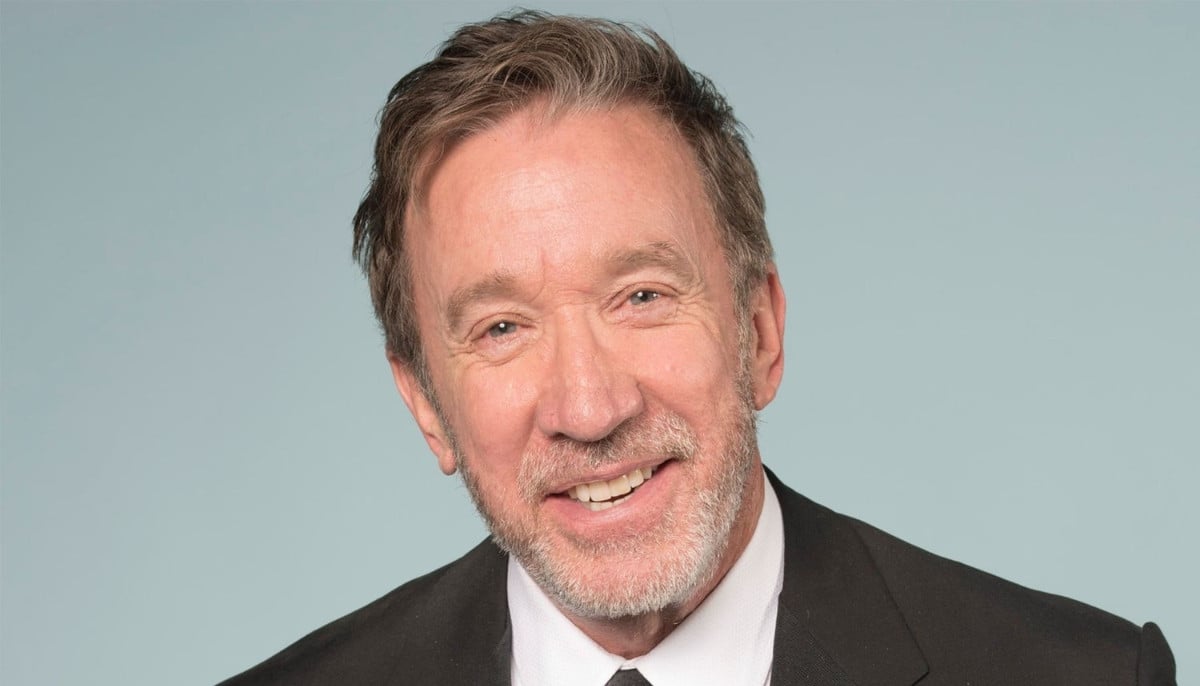When the lockdowns began in March 2020, the National Anti-Doping Agency slowed testing dramatically. In October, NADA began testing with the IPL in Abu Dhabi before shifting its emphasis to the domestic market.
The forced absence of dope testers at training camps and residential facilities would have provided a reprieve for dope cheaters in the run-up to the Tokyo Olympic Games.
The COVID-19 epidemic nearly halted testing globally. It gradually picked up speed as the virus spread and several nations put limits on travel and the opening of stadiums and training centres. The scenario in India in 2020, the initial Olympic year, was not substantially different.
Some tests were conducted in November in Sonepat and Lucknow, where wrestlers were trained, and in Delhi, where the majority of track and field participants were stationed. Though it did not meet the statistics it set out to accomplish in the Olympic preliminary stage, NADA performed significantly better than in 2018 and 2019 when testing the Olympic hopefuls in India in 2021.
The notion that it might have started sooner and with more elite athletes will linger.
However, National Anti-Doping Agency gets credit for organising a lot of out-of-competition tests in sports that seemed to be deterrents, which is precisely what the goal should be.
The doping foundation for the 2021 season may have been established in a sport like athletics in 2020, but that year saw very little testing and almost no contests aside from a few minor meetings at the start and some road events towards the end of the year.
With Global Athletics freezing Olympic qualification and world rankings until November 30, 2020, few were willing to hold tournaments throughout the world, and few athletes were willing to put their health at danger by travelling and competing.
Unlike in 2018, when National Anti-Doping Agency failed to test five of the six eventual gold medalists in individual events in athletics at the Asian Games before to the tournament, the agency was successful this time in testing virtually all athletes heading to the Olympics at least once out of competition before they travelled.
Seema Punia-Antil, a discus thrower, was the lone exception.
That was a significant benefit for National Anti-Doping Agency. On the negative side, it failed to meet its own testing objective before to the games, let alone fall short of the numbers necessary for athletes in the Registered Testing Pool (RTP) under World Anti-Doping Agency (WADA) rules.
When the Olympics were slated for 2020, Navin Agarwal, the then-Director-General of NADA, stated that his organisation will test Olympic hopefuls at least three to four times before the games.
Assuming that the NADA DG was planning out a course of tests over a one-year period, NADA failed to fulfil its aim.
In the Olympic batch, it evaluated just three athletes (400m relay runner Muhammed Anas, steeplechaser Avinash Sable, and racewalker K. T. Irfan) four times before leaving.
















